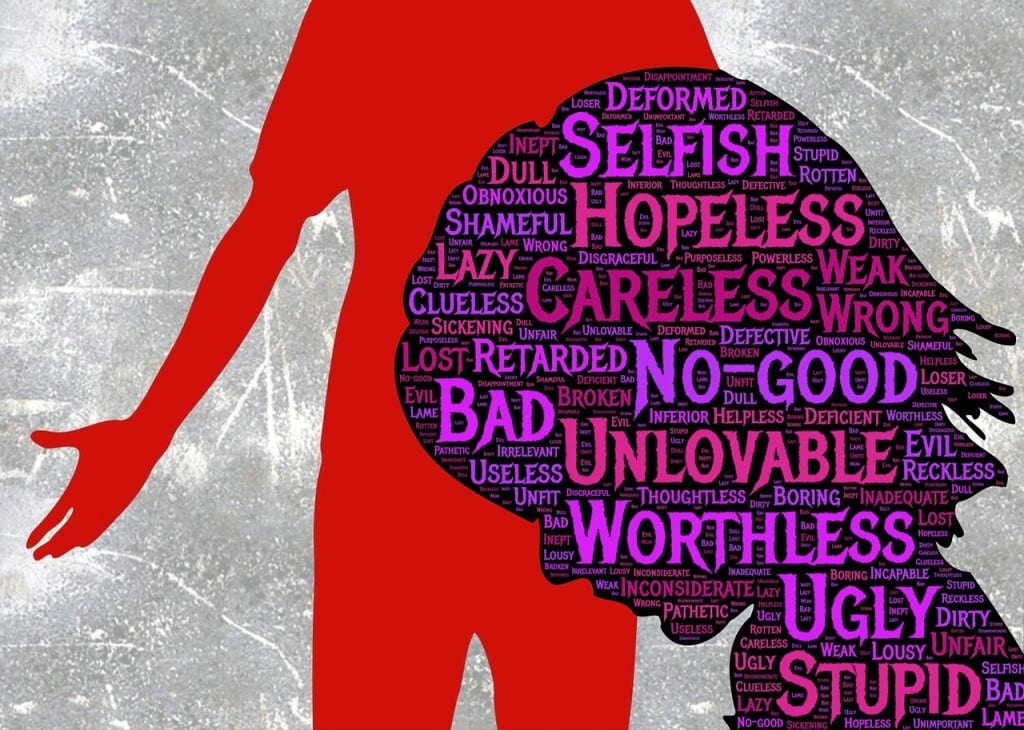
It may seem strange that attorneys whose practice focuses in part on defending those accused of child abuse would share an article on the signs of child abuse. But in actual fact, there’s nothing strange about it at all. Child abuse is a very real problem, and while we are attorneys, we are all parents as well. For this reason, we can all agree that a world without child abuse would be a better world.
However, from a professional standpoint, we also believe that the more people are properly informed about child abuse, the less likely they are to make incorrect assessments that result in false allegations of abuse. With that in mind, we have assembled a list of signs and symptoms that parents, caregivers, teachers and other members of the community can look out for.
According to the Mayo Clinic, there are different types of symptoms depending on the type of abuse being sustained. This makes perfect sense when you think about the fact that emotional abuse will have very different symptoms to sexual abuse. Bearing that in mind, we have divided the common symptoms into categories, making it easier for you to discern what form of abuse may or may not be happening.
Physical Abuse:
Physical abuse means abuse of a child’s body. Although this can include sexual abuse, that is usually categorized separately. Physical abuse can come in many forms. Anything from overly rough handling and severe discipline, to intentional harming of a child can be considered to be abuse. Physical abuse usually results in wounds or injuries, many of which are internal and therefore are often missed.
Common signs of physical abuse include unexplained injuries, like bruises, abrasions, burns and scarring. Also included in that list are signs of internal injuries, like a limp, a swollen joint, or a very tender body part that could indicate an undiagnosed fracture or dislocation.
Another sign that adults are cautioned to watch for is when a child has unexplained injuries, or injuries that do not match the explanation they (or their parents or caregivers) provide. Although there are numerous instances of children with rare diseases like brittle bone disease, certain bleeding disorders and even autoimmune diseases, adults are cautioned to listen carefully when a child is explaining an injury.
Emotional Abuse:
Emotional Abuse is not illegal, although it has been proven by numerous studies to be very detrimental to a child’s self esteem. However, while emotional abuse of a child isn’t illegal, in cases where it is considered to be severe, CPS may choose to investigate and if they believe the child to be in danger, parents may find themselves forced to attend parenting classes in order to maintain custody of their kids.
Signs of emotional abuse can include depression, very poor self-esteem or self loathing, loss of self confidence and either delayed or inappropriate emotional development. Symptoms of emotional abuse can also manifest as a child desperately seeking affection or approval from others. Also, sometimes emotionally abused children will manifest physical symptoms with no medical cause, like recurring stomach aches or headaches.
Avoiding certain interactions, or people can be another sign to watch for, along with unexplained anger and sometimes even the bullying of others. Children who are subject to verbal violence within their families and struggle with feeling helpless, will sometimes act out that same behavior on other people whom they perceive to be weaker.
Join us next time as we look at the next two form of child abuse on our list, and talk about the symptoms. If, however, you have been falsely accused of abusing a child, then you are going to need help from a firm with many decades of experience defending against false allegations. Contact us immediately at 800-576-6035 if you’ve been falsely accused or lied about to the police. We can help you.
